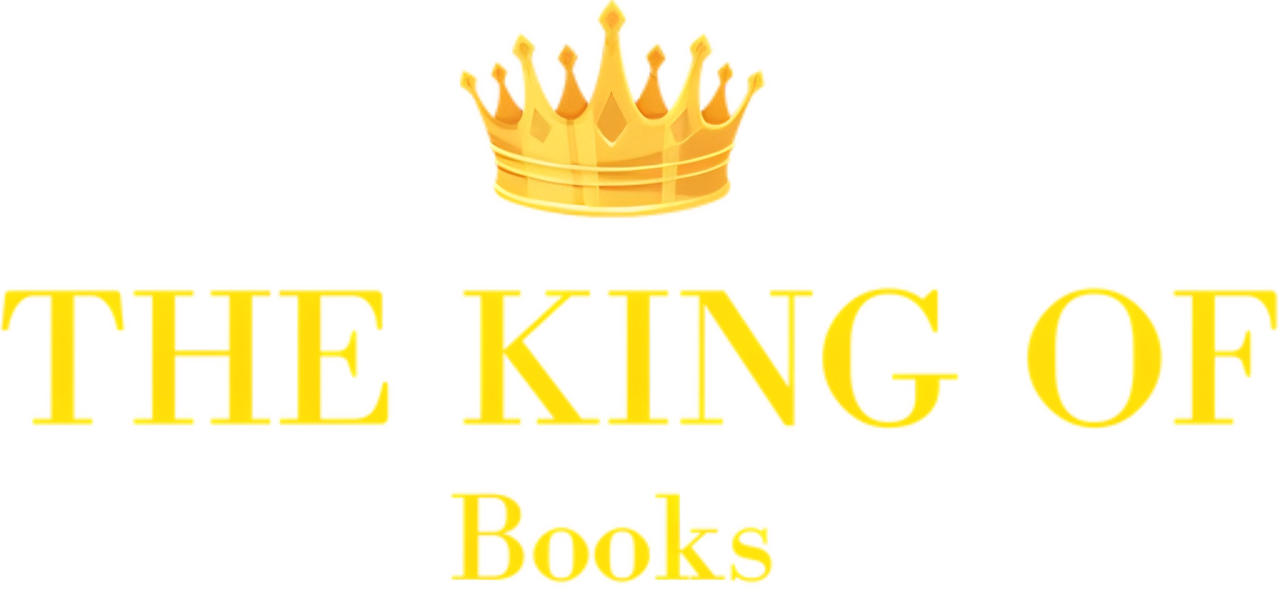
Poverty and social exclusion: yearbook 2020
This 29th edition of the Yearbook examines what digitalisation means for poverty and poverty reduction. Society is digitalising at a rapid pace, which brings with it many opportunities and challenges in various areas of life. We gain insight into the important role of social support networks for digital inclusion and into the digitalisation of social work. What is the use of online health information and does everyone have access to it? What does the introduction of electronic prescriptions mean for vulnerable target groups? The book discusses a number of consequences of digitalisation for the labour market. Robotisation can replace human labour, which is a major challenge for our future. Shouldn't we consider a tax on robots or artificial intelligence? Does the digital platform economy offer sufficient employment opportunities and job security? Digitalisation also forces us to consider ethical issues, such as the impact of big data on people in poverty. Cybercrime also deserves our attention. The Network against Poverty highlights points of attention in digitalisation from the perspective of its supporters. The theme section concludes with an essay on the role of technology in solving social problems.
Of course, this book also contains a number of more general analyses of poverty and social exclusion. For example, an alternative way of measuring well-being is discussed and we zoom in on the role of Europe in combating poverty. In addition, we gain more insight into the situation of young people. What opportunities and challenges does the dual learning system offer? Are their jobs more precarious and what does that mean for their well-being? We also learn how social work organisations deal with the tension between generalist and specialist work.
In a final section, the Yearbook presents a comprehensive overview of figures on poverty and social exclusion.

Free and fast delivery

Same day shipping




